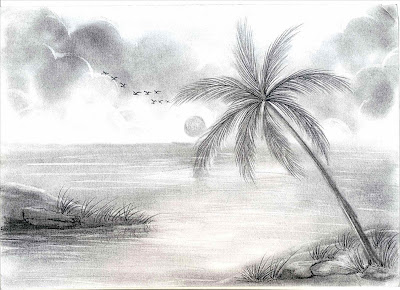The Ultimate Guide to Watercolour Painting
Most of the readers will be thinking ‘Everyone knows how to use it’ ‘It is for children’ ‘What is there to master?’
And they are not wrong since it is the cheapest of other mediums and everyone has used watercolour in school so you think you have mastered it, but let me tell you that there is more to it than that.
Watercolours may be cheaper and easier to learn, but they are actually considered one of the hardest mediums to master because you cannot use white to cover your mistakes or paint light areas and a single drop of water can dilute the colour and ruin the detailed work that took hours to create.
Here are some useful instruction on how to Master the Watercolours
- To paint solid shapes use ample amount of paint and make swift strokes,
- You can use the edge of flat brushes for making sharper lines and it works wonders for shadows or grasses,
- Don’t try to control it, improvise it. See how the colours interact and react with each other or the surface, experiment with the ratios of water and use multiple layers,
- Use larger brush sizes for experimenting, especially to focus on overarching compositional shapes that will be in the spotlight,
- Using a dry brush technique is the best way to add textures and some final details before finishing up your painting,
- You need to start from lighter colour to dark because you can’t cover or paint over the paint, you need to be aware of the lighter areas in a painting you can use tape or masking fluid to cover the light areas and then blend the colours later,
- To build gradients you need to apply a darker shade first, then you can add water to thin it down in places where you want a lighter shade of said colour. You can use the same technique to blend two different colours too,
- Try to limit your colour palette and use those colours to get a shade with a similar feel to improve your colour-mixing skills,
- Always try to avoid using dark brown or opaque colours as they come off as muddy and dull after being finished.
Like all techniques and mediums, there is no complete mastery only proficiency which will continue to grow as you grow and learn.
So, I hope after learning all this about watercolours you won’t ever underestimate them.




Comments
Post a Comment